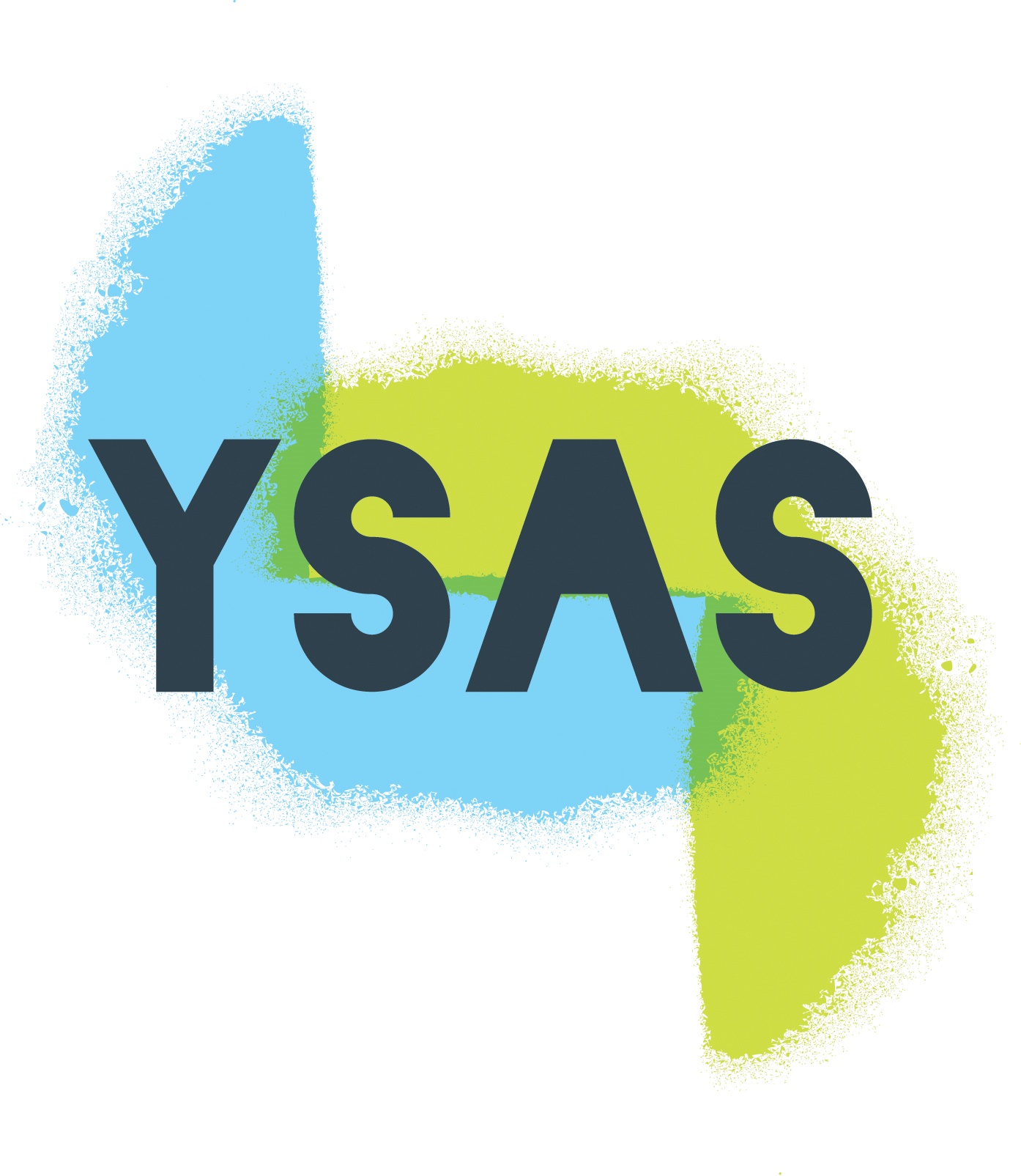Description:
This training aims to support AOD workers to engage and include families when supporting clients. Single Session Family Consultation (SSFC) offers timely, accessible support to all family members while retaining a strong therapeutic relationship. In keeping with single session thinking, it enables workers to make the most of each encounter with families.
**Please ensure you can commit to the package below before enrolling.
Training package:
- Pre-requisite: Participants must complete a self-paced learning before attending the online training session. You will have approximately 6 weeks prior to the online training session to complete this at your own time (generally takes about 3 hours).
- In-person training session: Thursday 2 October 2025, 9:30AM – 1:30PM @ The Bouverie Centre 8 Gardiner Street, Brunswick VIC 3056
- Optional online consultation: Thursday 30 October 2025 – Participants will have the opportunity to attend an optional 1.5 hours online consultation 4 weeks after the training. This would take the form of a facilitated group supervision to explore your experience in applying SSFC in your practice.
Learning outcomes:
On completion of SSFC, you will be able to:
- Understand the Single Session Thinking and Family Consultation frameworks that underpin SSFC
- Convene, conduct and undertake follow-up as part of SSFC
- Address challenging situations in sessions with families
- Identify how you can incorporate SSFC into your practice
Eligibility Criteria
This training has been funded for workers employed in a Victorian State-funded Alcohol and Other Drug (AOD) service including peer workers.
Who is not eligible?
Students on placement or internships, workers from other sectors (i.e. homelessness, mental health) and workers outside of Victoria.
Terms & Conditions
Please ensure you have clearance from your line manager to attend.
Email elevate@vaada.org.au at least 24 hours before the training to cancel you registration.


